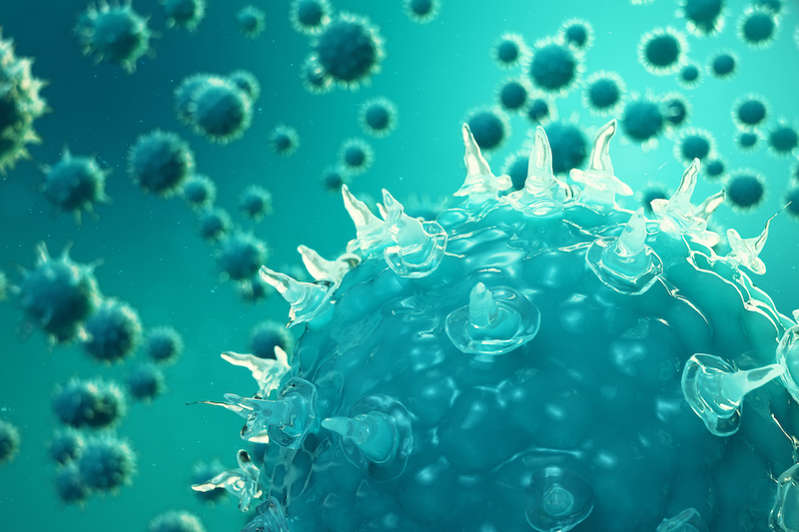
According to doctors, in Russia, 95% of cases of new infections with COVID-19 are due to the Indian strain, also known as “delta”. Not only is it widespread, but it is very different from the Wuhan strain that originally started the pandemic in 2020. Rospotrebnadzor specialists spoke about the features of this strain and answered the most common questions.
The department said that the Indian strain, due to its differences, can “elude” the action of neutralizing antibodies in persons who have previously had a coronavirus infection. Thus, the “delta” can be re-infected by those who previously had a different type of virus.
Rospotrebnadzor noted that now the Indian strain has become dominant not only in Russia, but also in other countries. Up to 70% of all infections are associated with this strain of coronavirus.
Experts estimate the infectivity of this strain to be 2-2.5 times higher.
If earlier the carrier of the infection could infect 1-2 people before the detection of the disease, now this number reaches 5-6. That is why, when tracking contacts, Rospotrebnadzor for the “delta” option takes under supervision a larger number of people,
Experts said that with the Indian strain, the course of the disease is more severe and prolonged. He noted that with “delta” in patients, moderate and severe forms prevail. Treatment in such cases is more complex and lengthy.
At the same time, the Indian strain is increasingly found in young people. The most vulnerable category is young people from 14 to 29 years old.
Symptoms of infection may remain classic for COVID-19: fever, cough, loss of smell and taste. And they can also be similar to SARS and intestinal infection: runny nose, headaches, sore throat, and also note symptoms from the gastrointestinal tract – diarrhea, less often nausea and vomiting.
Rospotrebnadzor specialists noted that the vaccines currently in Russia have good prophylactic and protective properties against this strain.
Earlier, the Russian epidemiologist denied information about the greater lethality from the Indian strain.
Read all the latest coronavirus news here.
Photo: depositphotos
Read also:
Dr. Komarovsky spoke about the main dangers of the Indian strain
Russian epidemiologist denied information about greater lethality from the Indian strain
Named the most vulnerable age for the Indian strain
What to cook from zucchini: 3 dishes your family will ask for more and more
Elena Vaenga's large family gathered at one table

